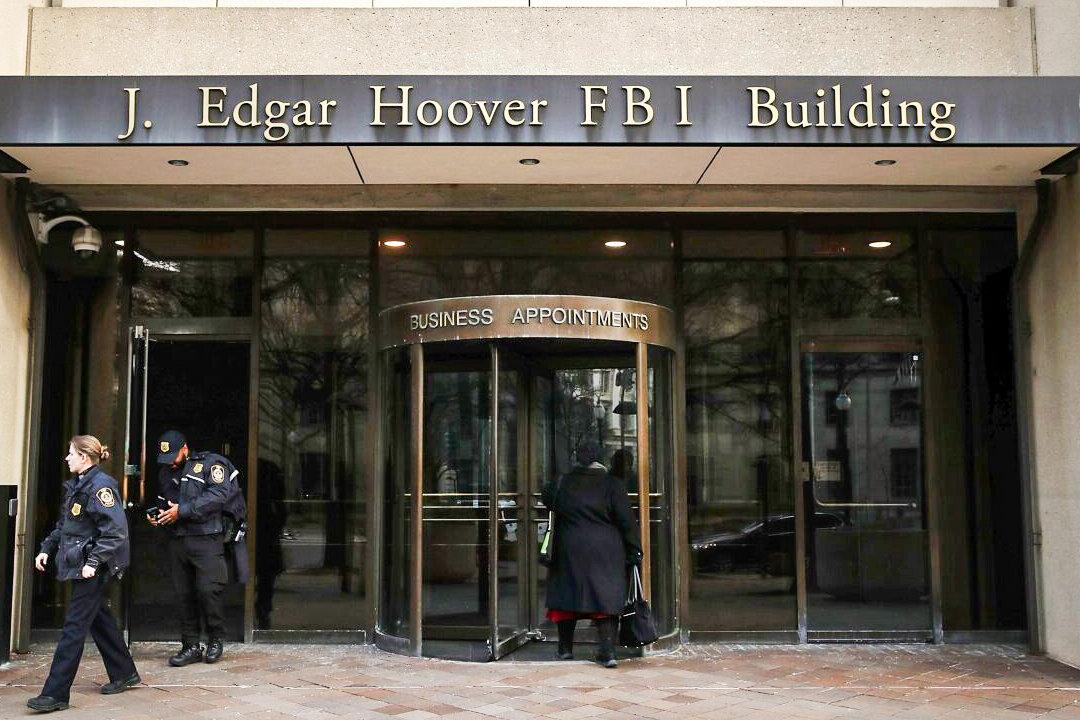A top agent in the FBI violated the agency’s policy by having “unauthorized contacts” with reporters, according to a Department of Justice report.
The partially-redacted report (pdf), which was obtained by Free Beacon through the Freedom of Information Act, states that now-retired agent Michael Steinbach broke numerous bureau rules when he met with and communicated with reporters between 2014 and 2016 “in violation of the Public Affairs (PA) manual” and the FBI media relations policy guide.




